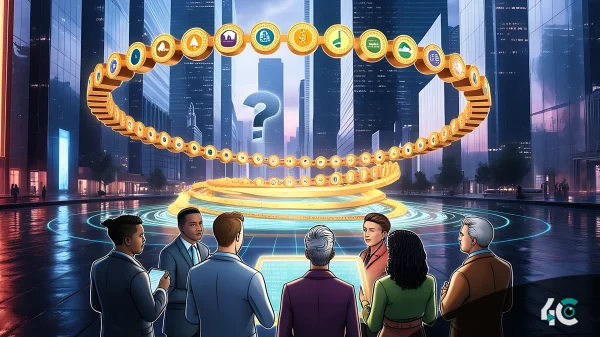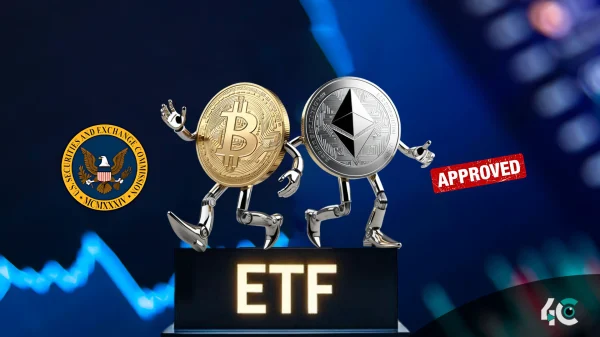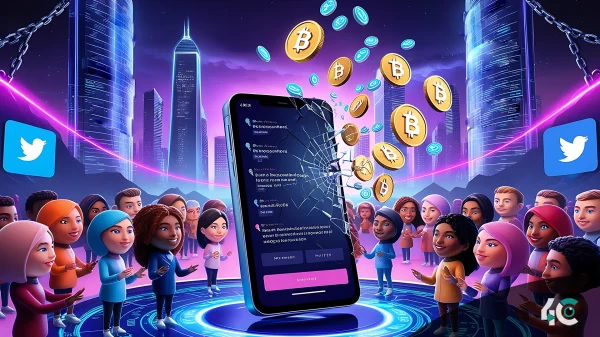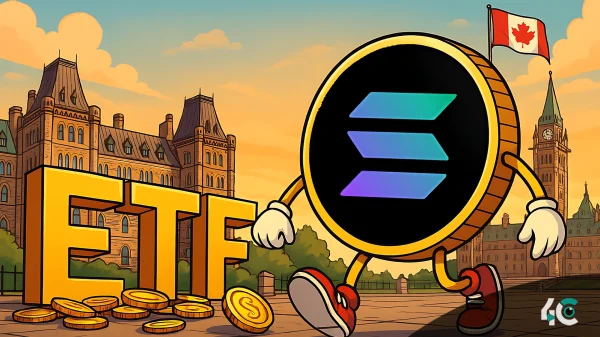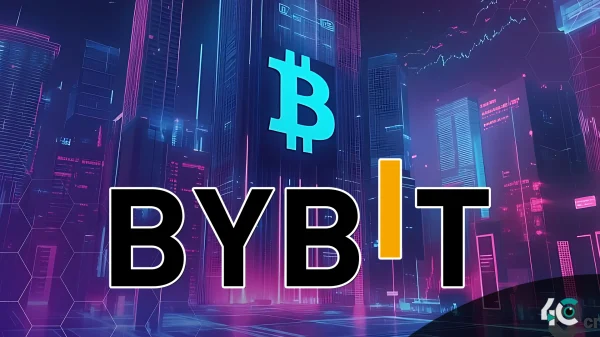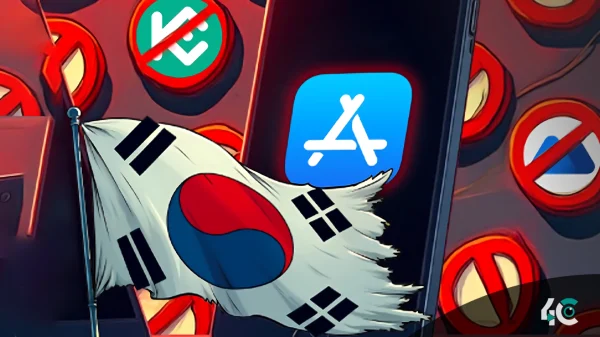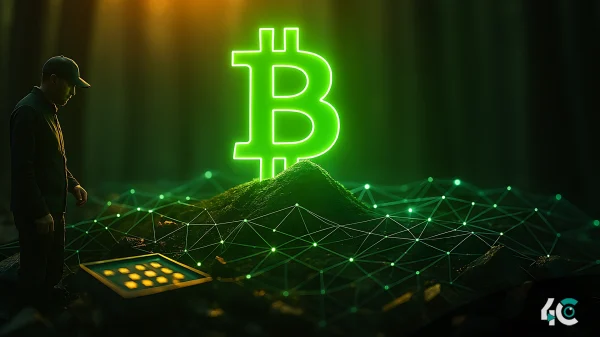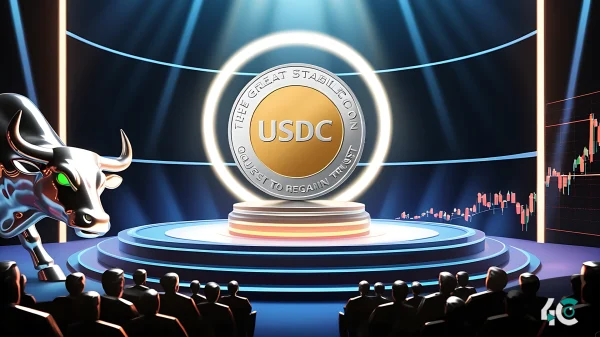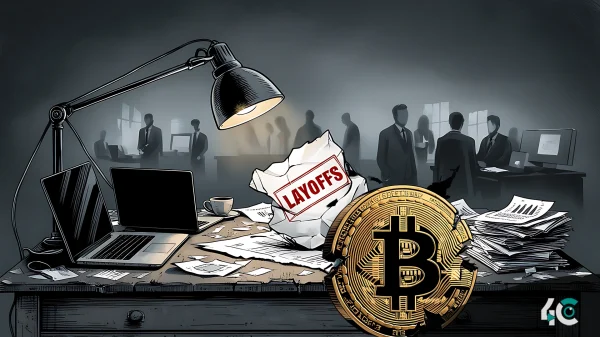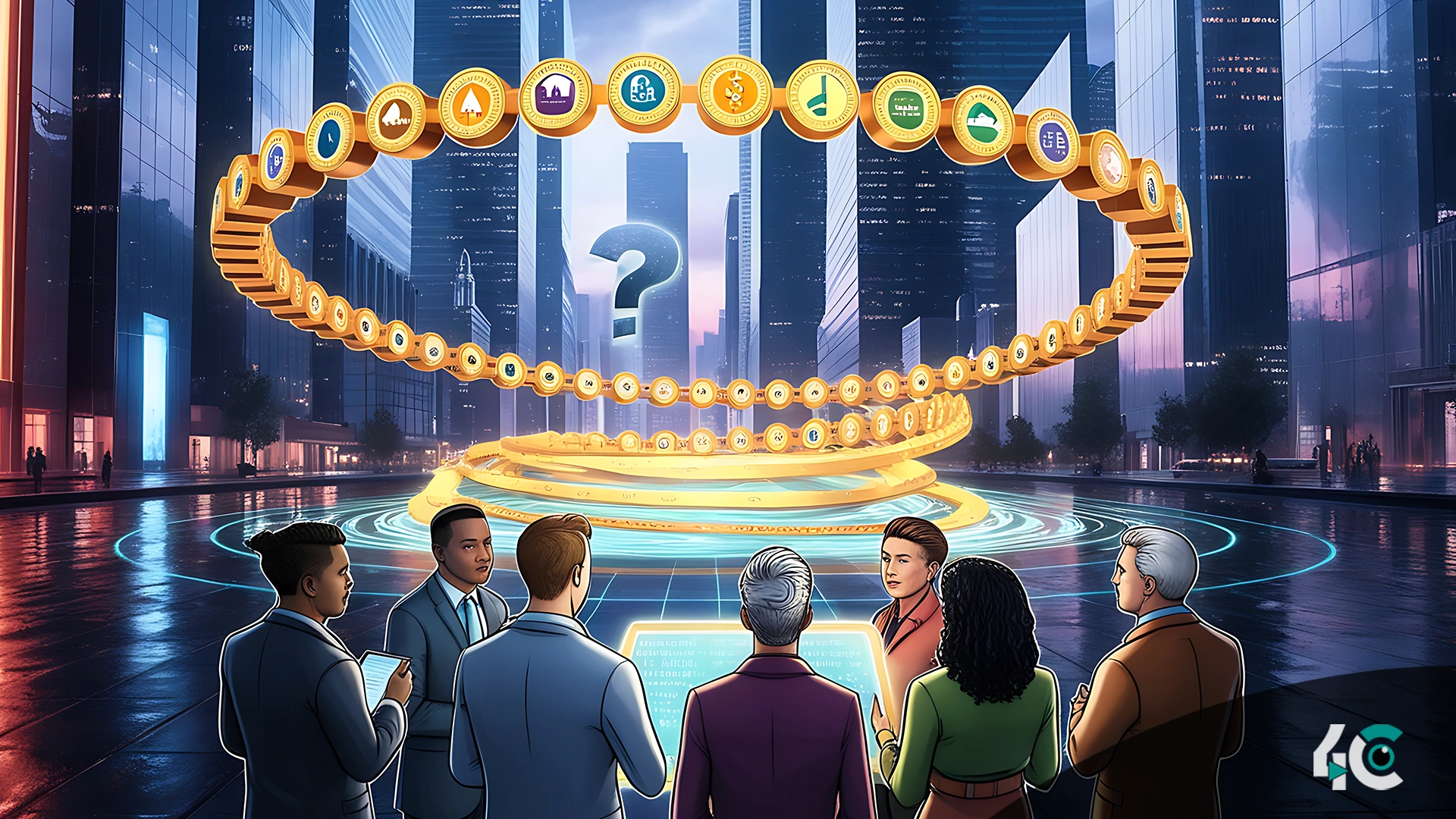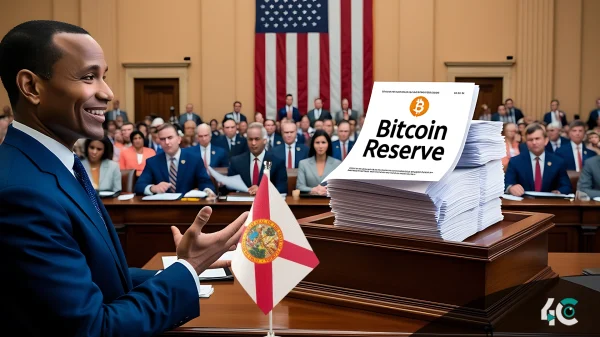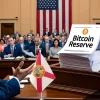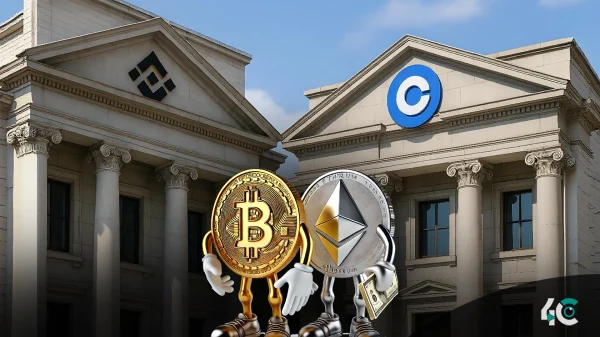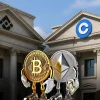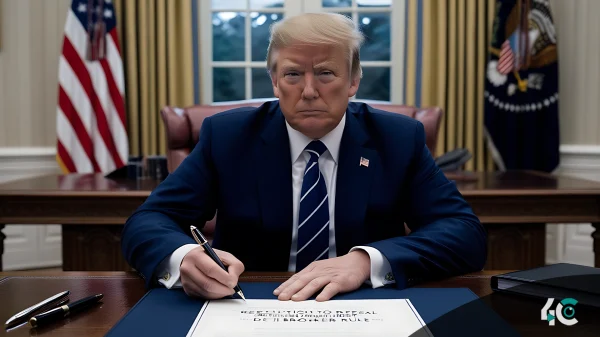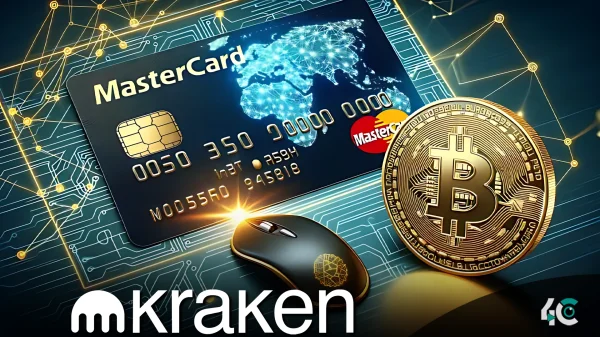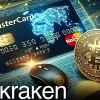Blockchain tokenization is being applied to everything—from real estate and art to intellectual property and even identity. While the concept offers innovation and liquidity, critics question whether this rapid expansion is sustainable or simply overhyped. As industries race to tokenize, the debate grows: Are we truly revolutionizing value or just adding unnecessary complexity?
The Boom of Tokenization
In 2025, tokenization is the process of converting something into a token. Tokenization creates a digital representation of something that is real on the blockchain. What started with Bitcoin became a global mania to tokenize everything that is valuable. There are now platforms that let you own fractions of a property with tokens. NFTs have disrupted the art world by enabling verified ownership. Even the non-physical, like intellectual property rights, carbon credits, and personal data, are tokenized as well.
Dr. Laura Martinez, a blockchain economist, stated, “Tokenization is redefining what it means to own something.” “It’s not just about digitizing assets—it’s about creating entirely new markets and opportunities.”
Why Tokenization Appeals
Tokenization is becoming popular because it can fix many old and slow methods of business.
Often, tangible and illiquid assets like real estate, paintings, and private equity become tradable tokens through tokenization. As a result, this increases their liquidity.
Transparency: The transactions on the blockchain are stored permanently and are openly verifiable, making a fraudulent claim tougher.
Democratization of Investment Opportunities: Tokenization enables smaller investors to access markets that were once only available to wealthy elites, thereby lowering the barriers to entry.
A startup called ArtToken has enabled people to buy shares in valuable paintings by Picasso and Monet at a token price of $100. Companies such as CarbonX use tokenized carbon credits to encourage sustainability globally.
“This is not innovation; it is inclusion,” James Carter, a fintech analyst. Making tokens gives everyone around the world a stake.
When Does Innovation Become Overreach?
Even though it has a bright future ahead, tokenization expansion brings ethics to the fore. Some experts are saying that tokenizing everything will focus more on profits than usefulness, which causes problems.
One major issue is over-commodification. With the ability to assign a monetary value to anything and everything, tokenization can devalue the things that cannot be sold, such as the cultural importance of a particular object or the emotional attachment one has with their prized possession. For example, critics fear that tokenizing art will turn masterpieces into speculative objects instead of maintaining their intrinsic artistic value.
Another concern is inequality. Tokenization says it is all about democratizing access, but it is not. Wealthy investors and institutions continue to dominate several tokenized markets, leveraging their substantial capital to take on significant positions. This gives the wealthy control over the tokens of tokenized things.
As per Sarah Lin, a blockchain policy advisor, “Tokenization does not remove inequalities; it merely displaces them onto a new platform.” If we do not keep our guard up, we will be repeating the same power dynamics we are escaping.
Technical and Environmental Challenges.
Blockchain’s technical and other limitations are also challenges. Many networks are unable to efficiently handle a large number of users due to scalability issues. Delays and fees can make it tough for the tokenization of use cases — often those that require microtransactions and frequent transfers.
Moreover, energy-intensive blockchains continue to draw controversy for their eco-friendliness. However, some of them have shifted their consensus mechanisms to proof of stake to be environmentally friendly. Others continue to rely on outdated methods, showing no concern. Critics believe that tokenization would worsen carbon emissions if sustainability is not ensured.
Innovation involves a cost; it would not just be monetary, warned Marcus Reed, chief executive of a blockchain analytics company. We require solutions that combine knowledge with practice.
Ethical Dilemmas
Perhaps the most pressing questions surround ethics. Should aspects of life that are deeply personal, such as health records, educational credentials, or human experience, be tokenized? Discussions of privacy, consent, and commodifying human life have started with projects exploring these ideas.
Privacy and consent—should diseases or education—how about human nature? So projects are trying to make it tokenized. Some people liked this plan as it empowers people now; others condemned it as exploitative, like an indentured servant.
According to Dr. Martinez, “Just because we can tokenize something doesn’t mean we should.” When we turn everything into a financial instrument, we risk dehumanizing ourselves, said Dr. Martinez.
Striking a Balance
Experts suggest various measures to ensure tokenization serves the common good.
Regulatory Supervision: These guidelines must be defined by the government so that no one misuses them.
Eco-Friendly Technologies: Platforms must adopt eco-friendly technologies to reduce damage to the environment.
Education Campaigns: Initiatives that create awareness amongst users of the benefits and risks of tokenization before investing.
In the end, the issue is to differentiate between actual uses and useless experiments. Not everything requires tokenization, and realizing the limits of this technology will be vital to staving off backlash.
A Fork in the Road.
As tokenization continues to change the way business is done, are we building a fairer, more inclusive future or creating a new mechanism for capitalism and exploitation?
How the stakeholders charter this moment will decide the answer. With careful consideration, tokenization could pave the way for collaborative, creative, and mutually beneficial ventures. But if the tokenization does not happen mindfully, then it will antagonize the communities.
“Right now, we’re at a crossroads,” said Dr. Martinez. The choices we make today will determine whether tokenization becomes a force for good or it leads to more excess.
Presently, tokenizing everything has bold vision and caution against overzealousness.


